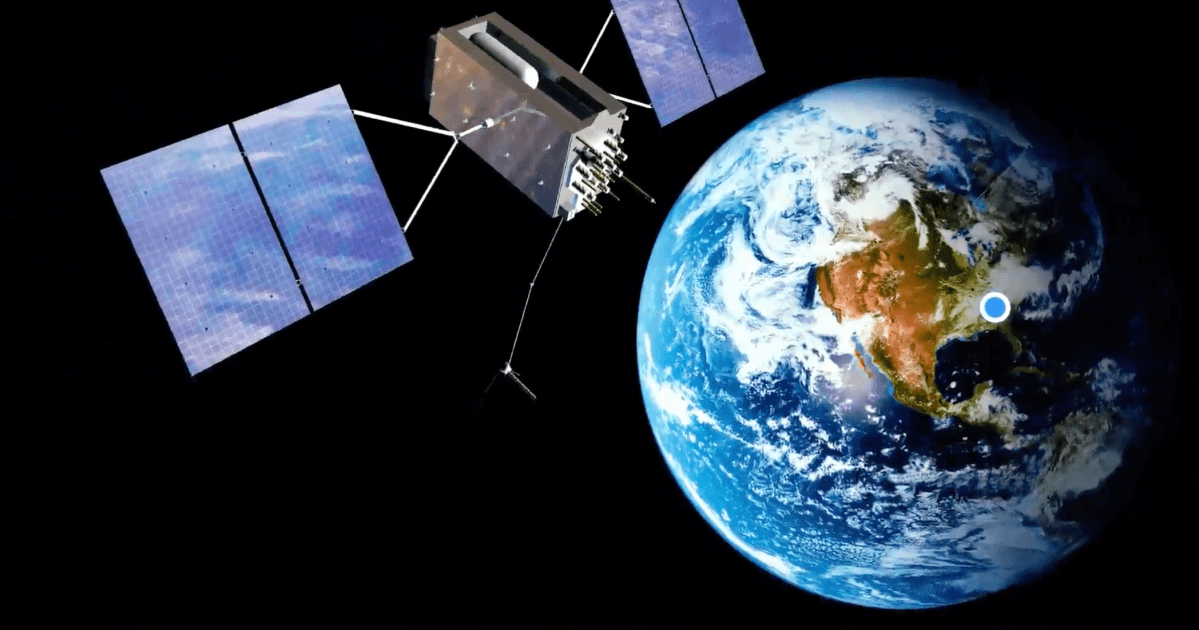WASHINGTON — The U.S. Space Force selected four companies to develop concepts for smaller, more cost-effective GPS satellites based on commercial designs, aiming to augment the existing Global Positioning System network, the Department of the Air Force announced Sept. 23.
Astranis, Axient, L3Harris Technologies and Sierra Space have been chosen to submit proposals for the Resilient GPS (R-GPS) program, which seeks to explore the use of proliferated small satellites transmitting core GPS signals.
“The decision to pursue R-GPS was based upon outcomes of recent resilience studies recommending an additional proliferated fleet of small GPS satellites,” the Department of the Air Force said in a statement. The value of the four agreements was not disclosed.
Astranis, a San Francisco-based startup, designs and manufactures small, low-cost geostationary satellites.
Axient is a defense and aerospace contractor that provides technical and engineering services. It was recently acquired by Astrion.
L3Harris is a major Pentagon contractor that supplies the navigation payload for GPS satellites.
Sierra Space is a space infrastructure company that develops satellites and other systems for civil and military applications. The R-GPS program is being fast-tracked under a new “Quick Start” authority granted by Congress in last year’s National Defense Authorization Act, allowing for rapid response to emerging threats or technologies.
Secretary of the Air Force Frank Kendall said in a statement that this authority “allows us to move faster and start new Space Force and Air Force programs, and we appreciate Congress providing us this authority.”
Potential launch by 2028The selection marks the first of three phases aimed at producing up to eight R-GPS satellites, potentially ready for launch by 2028. Subsequent phases will involve down-selecting companies for final design reviews and prototype development, with one or more vendors ultimately chosen to build the initial satellites.
“The importance of resilience can’t be overstated,” said U.S. Space Force Chief of Space Operations Gen. Chance Saltzman. “R-GPS is one way we’re working to ensure access to critical positioning, navigation and timing capabilities, for the warfighter and civil users alike.”
Despite high-level support, the program faces scrutiny from the House Appropriations’ defense subcommittee, which has questioned the effectiveness of adding more satellites to counter jamming threats and denied a $77 million funding request for R-GPS.
The subcommittee suggested that alternative positioning, navigation, and timing systems might be more effective and criticized the program’s focus on space-based solutions without addressing vulnerabilities in ground equipment.
